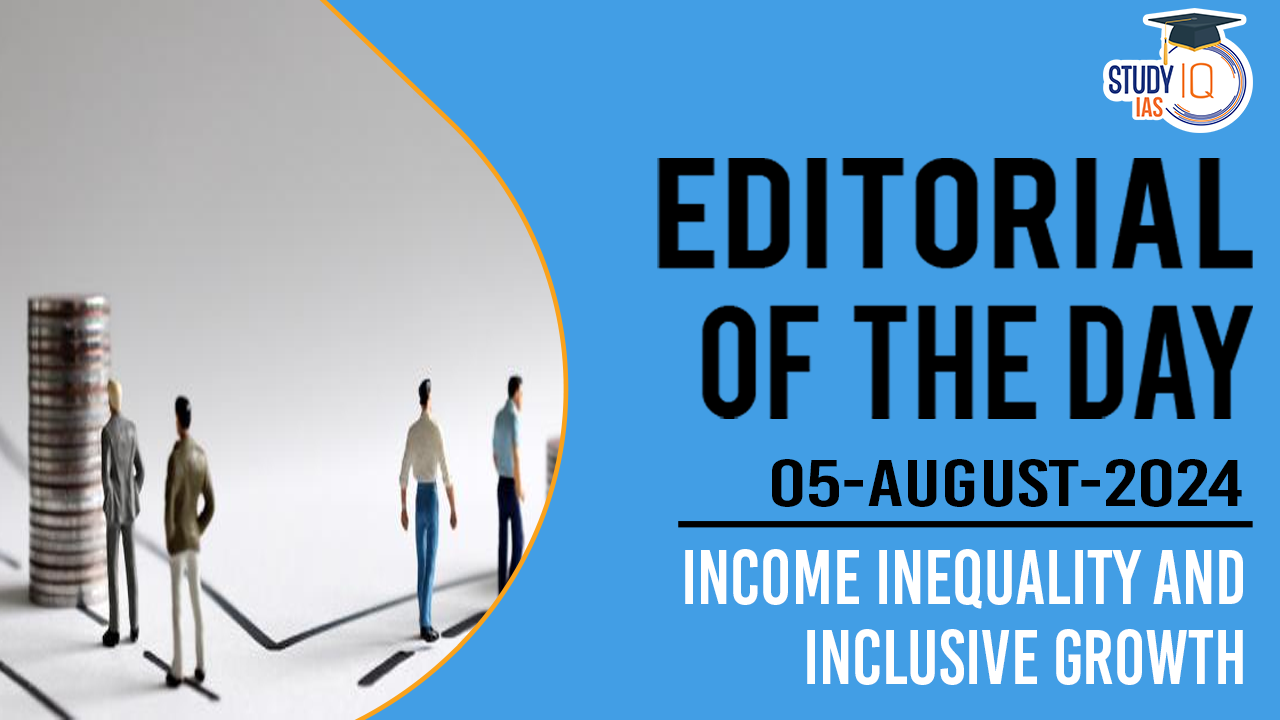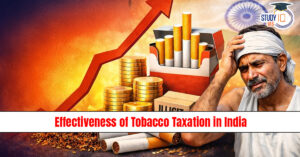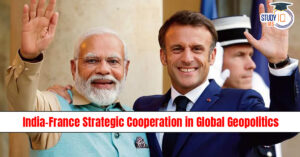Context: Wealth disparity in India highlights ethical concerns.
Wealth Inequality in India: Key Statistics
- Top 1% Wealth Share: Own 22.6% of income and 40.1% of wealth.
- Wealth Distribution:
- The top 1% holds an average wealth of ₹54 million, 40 times the national average.
- The bottom 50% holds ₹0.17 million each, 0.1 times the national average.
- The middle 40% possesses ₹0.96 million each, 0.7 times the national average.
- The wealthiest 10,000 individuals average ₹22.6 billion each, which is 16,763 times the average Indian wealth.
- Caste and Wealth:
- About 90% of billionaire wealth in 2022-23 was owned by individuals from upper castes,
- Less than 10% by Other Backward Classes,
- 6% by Scheduled Castes, and
- None by Scheduled Tribes.
- Economic Disparities and Nutrition: Despite 135 million Indians escaping multidimensional poverty from 2016 to 2021, in 2022,
- 5% of Indians could not afford a healthy diet costing 4.20 PPP dollars per day.
- This translates to almost 790 million people unable to spend ₹350 daily on healthy food.
|
Sociological and Philosophical Insights
|
- Thorstein Veblen’s Perspective: Veblen criticised the affluent for “conspicuous consumption,” where lavish spending is used to assert social status and deter emulation by the less wealthy.
- Michael J. Sandel: Sandel argues against the entitlement mentality of the wealthy, suggesting that their success is often due to advantageous early life circumstances rather than solely personal merit.
- He advocates for recognizing the contributions of the community to individual successes and promoting a more equitable distribution of wealth.
- Public Perception and Societal Impact: The middle and lower classes often show a resigned acceptance of wealth disparities, influenced by the propagated notion of meritocracy.
- This acceptance is seen as a form of psychological capture, where the less affluent see the wealth distribution as fair and deserved.
- Religious Context:
- The Quran advocates for the concept of wealth as a trusteeship, where the rich are custodians of wealth on behalf of the poor, highlighting a “recognised right” of the underprivileged in the wealth of the affluent.
- This perspective challenges the modern acceptance of wealth accumulation and emphasises the moral obligations of the wealthy.
|
Sharing is caring!


 Effectiveness of Tobacco Taxation in Ind...
Effectiveness of Tobacco Taxation in Ind...
 Private Sector Participation in Defence ...
Private Sector Participation in Defence ...
 India–France Strategic Cooperation in ...
India–France Strategic Cooperation in ...




















